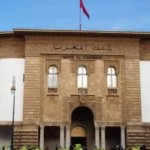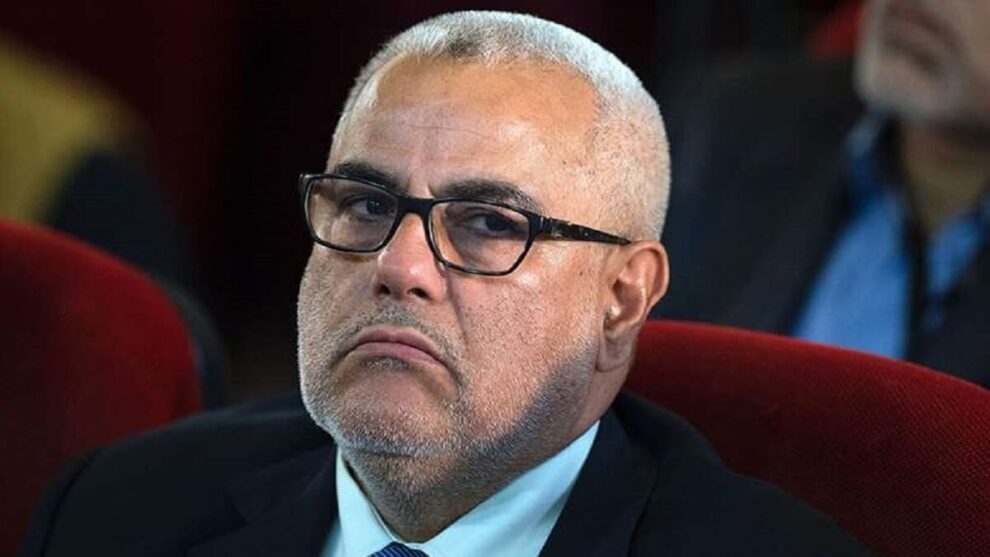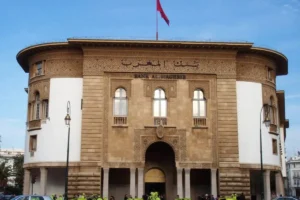Moroccan Islamists oppose any reform of the Family Code amid a controversial debate over its revision. Morocco’s modernist movement, on the contrary, advocates the renewal of articles that are based on legislation considered “obsolete and inadequate” for today’s times, especially with regard to issues related to women and their responsibilities.
The Islamists, represented by the Justice and Development Party, argue that the reforms would “conflict with religious texts” and therefore “firmly” reject it, as reported by Al-Arab. On the other hand, the vast majority of the Moroccan left demands equality in inheritance, considering the current system “unfair” for women in the country.
As explained by the Justice and Development Party, the current Family Code is based on the Maliki doctrine, which “was chosen by Moroccans more than twelve centuries ago as the official doctrine of the Moroccan state, and remains, to this day, an expression of the religious ideology, sectarian unity and cultural authenticity of the Moroccan nation”.
As Al-Arab reports, many in Morocco have been surprised that the Justice and Development Party mentions a religious doctrine that dates back twelve centuries and is no longer compatible with the current era, as well as with developments in Morocco and the world as a whole.
“The party ignores the path of development that the Kingdom is following, which coincides with a social renaissance that requires revising and reforming the legal legislation that affects the core of society, which is the family and its problems,” notes the Arabic-language media.
Abdelilah Benkirane, secretary general of the Justice and Development Party, insisted on respecting the Islamic legislation on which the Family Code is based, stressing that “this reference has the real interest of the people and contains the rule of God”.
Benkirane also said during a press conference organised by his party on the Family Code that the current conflict is not about the interests of the child, the woman or the family, but is “a battle of references”.
The secretary general of the Justice and Development Party explained that there are those who demand reforms to the Code based on “inauthentic references that came from abroad, and they have a group of responsible members and women at high levels who defend it and raise their demands”. In this regard, Benkirane referred to the issue of inheritance.
On the other hand, both the Democratic Left Federation and the Progress and Socialism Party have demanded the amendment of the article related to inheritance.
However, according to several analysts, this is not the first time that there has been a confrontation between the two movements – Islamist and modernist – and there are precedents that show that Morocco as a society has been able to overcome these situations through consensus.
In this sense, the political analyst Mohamed Al-Omrani Boukhbaza – quoted by Al-Arab – indicated that Moroccan society “manages differences well and in the end a consensus is reached”. The expert recalls that during 2004 Morocco experienced “the same situation” and in the end there was consensus.
“We always had this discussion and there were difficult issues between the parties,” he added to Hespress. Boukhbaza also considers that King Mohammed VI can carry out “the arbitration process, which is largely accepted by all parties”.
The body in charge of revising the Family Code is linked to “royal directives”. “The issue is clear to His Majesty the King: he will not allow what God has forbidden and he will not forbid what God has not forbidden”.
Last September, the monarch Mohammed VI sent a letter to the head of the Moroccan government, Aziz Akhannouch, regarding the revision of the Family Code. The letter states that the Ministry of Justice will be in charge of revising and editing the Family Code, entrusting its approval to the High Council of the Judiciary and Public Prosecutor.
Source: Atalayar
















